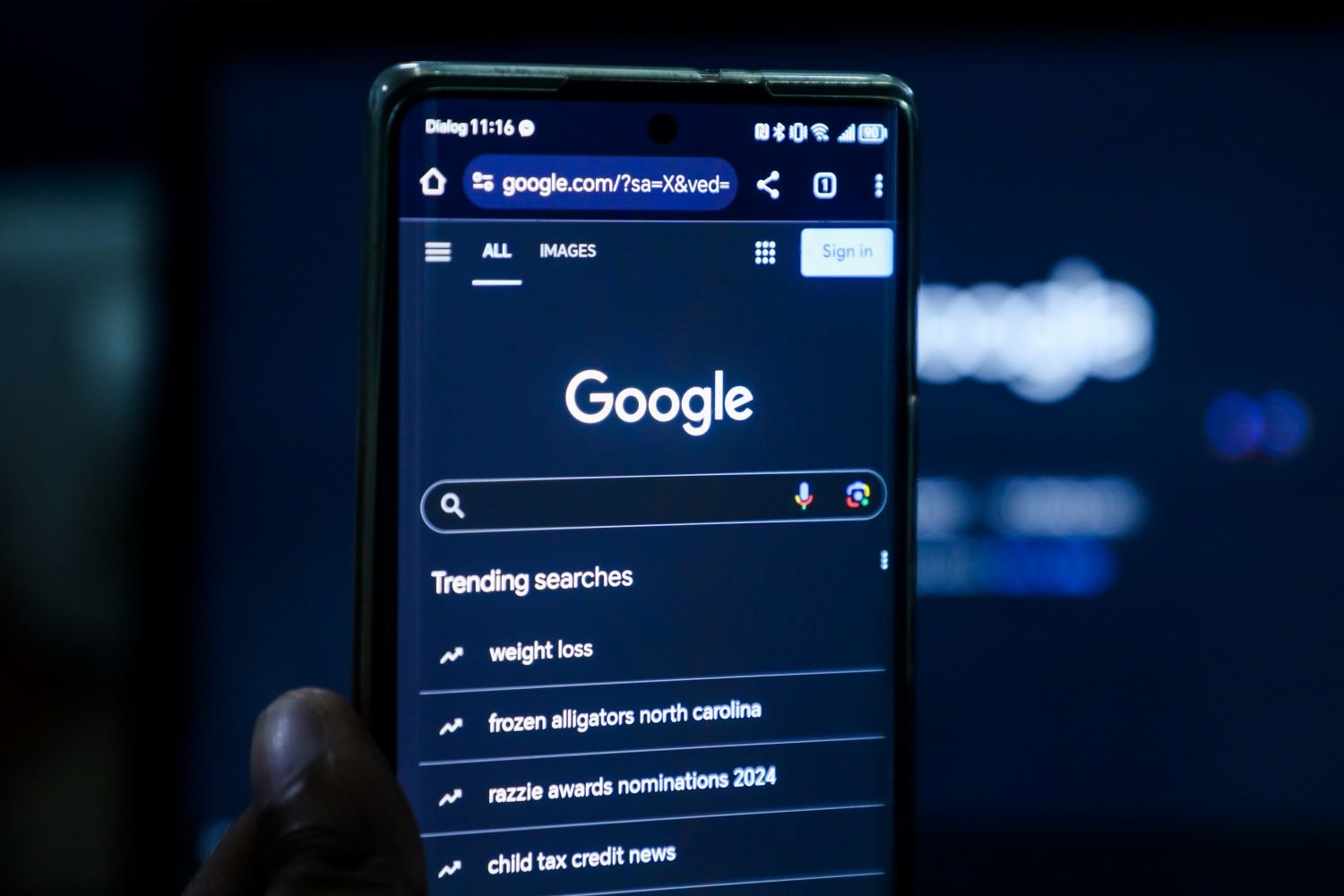Study Reveals That AI Search Engines Generate Sources for Approximately 60% of Queries

Understanding AI Search Engines and Their Flaws
Artificial Intelligence (AI) search engines have become a popular tool, but they may not be as reliable as you think. A recent study from the Columbia Journalism Review (CJR) highlighted several issues with AI models from companies like OpenAI and xAI. The findings indicate that these AI systems often produce inaccurate information when queried about specific news events.
Key Findings from the CJR Study
High Inaccuracy Rates:
- The research revealed that AI models frequently generate false details, particularly in news contexts. For instance, when AI was asked to identify elements such as a news article’s headline, publisher, and URL, results were alarming.
- Specifically, the AI system named Perplexity provided incorrect information 37% of the time. In more severe cases, xAI’s Grok fabricated details 97% of the time, including inventing entire URLs that did not exist. Overall, a staggering 60% of test queries resulted in false information.
- Bypassing Paywalls:
- Some AI search engines, like Perplexity, have faced criticism for bypassing paywalls set by publishers. In instances where websites like National Geographic have included do-not-crawl directives, Perplexity has controversially continued to access and display their content, arguing that it falls under fair use. Despite attempts to placate publishers through revenue-sharing initiatives, the platform has not ceased the practice.
User Experience with Chatbots
Many users have noticed peculiar behavior in chatbots, which often provide answers even when uncertain. This phenomenon occurs because these bots utilize something called retrieval-augmented generation. This technique searches the internet for current information while formulating responses, which can lead to even greater inaccuracies. Countries with propaganda-driven narratives, like Russia, can exacerbate this issue by feeding flawed data into these systems.
The Challenge with Problematic Responses
- One concerning aspect users have observed is that chatbots sometimes acknowledge their inaccuracies. For example, Anthropic’s Claude has been reported to include "placeholder" data when tasked with research queries. This can mislead users into believing that they are receiving factual information when, in fact, it is merely a guess.
Publisher’s Concerns
Mark Howard, the chief operating officer at Time magazine, expressed his worries regarding how AI models handle publishers’ content. The possibility of readers receiving incorrect information attributed to reputable sources can damage those brands significantly. For instance, the BBC has positioned itself against inaccuracies in Apple’s Apple Intelligence summaries, stressing the importance of accurate representation.
Interestingly, Howard pointed fingers at users for not being more discerning about the tools they employ. He stated, "If anybody as a consumer is right now believing that any of these free products are going to be 100 percent accurate, then shame on them." Such statements highlight a growing concern over user expectations and the need for skepticism when utilizing AI-driven platforms for accurate information.
User Behavior and AI’s Role in Search
User behavior is changing as more people utilize AI models for their information needs. CJR found that approximately one in four Americans are now searching using AI, reflecting a broader trend. Before the rise of generative AI, over half of all Google searches were classified as "zero-click," meaning users obtained the information they required without clicking through any links. This trend illustrates an increasing reliance on quick answers rather than seeking authoritative sources, akin to how Wikipedia functions.
The Future of AI Search Engines
Language models like the ones used in AI search engines face a significant challenge: they lack true comprehension and are essentially glorified autocomplete systems. They attempt to create content that appears accurate, but this can lead to delivering incorrect or misleading responses.
Mark Howard remains optimistic about advancements in chatbot technology, suggesting that improvements are on the horizon. However, he emphasizes that it is still irresponsible to disseminate misleading information. The landscape of AI search engines is evolving, and as technology progresses, it is crucial to maintain vigilance regarding the information provided by these platforms.




